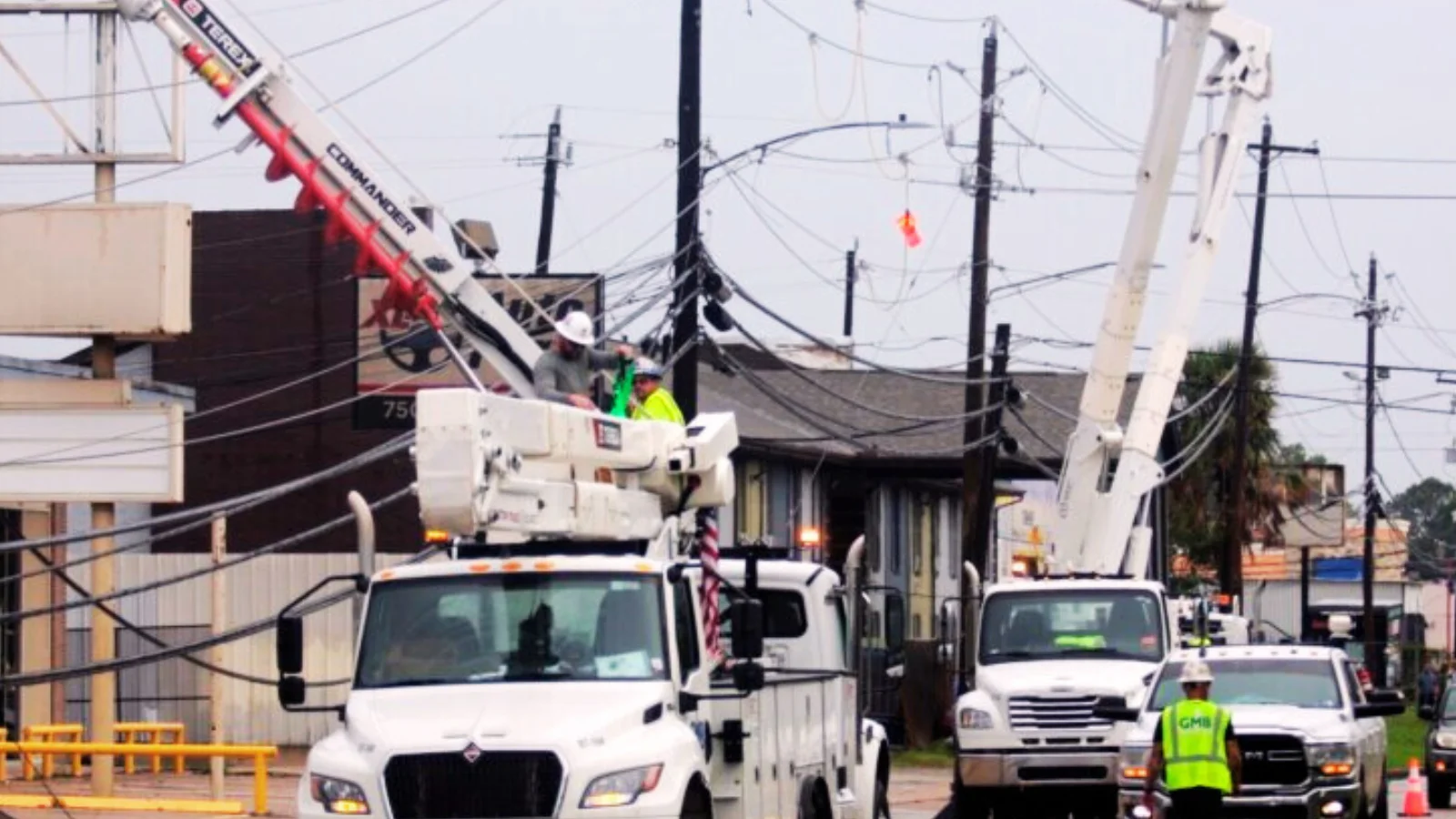Harris County residents have expressed significant concerns about electricity reliability, according to a survey conducted by the Hobby School of Public Affairs at the University of Houston. The survey highlights that 86% of respondents believe CenterPoint Energy should cover the entire $800 million lease for mobile generators that were not used during recent outages and reimburse ratepayers for funds already collected.
The study also reveals strong support for legislative measures aimed at strengthening utility systems against storm damage. Over 80% back legislation granting the Public Utility Commission of Texas more authority over utilities like CenterPoint. Concerns about electricity service reliability topped a list of issues facing Harris County, with 36% listing it among their top three worries.
Renée Cross, a researcher and senior executive director at the Hobby School, noted the public's frustration: “People are frustrated, worried and angry,” she said. Electricity service reliability was identified as a pressing concern alongside property taxes, housing affordability, and flooding.
The survey found bipartisan support for requiring CenterPoint to fund unused generators from its profits. Mark P. Jones from Rice University’s Baker Institute highlighted this unity across party lines: “Democrats and Republicans disagree on whether Kamala Harris or Donald Trump should be president, but they are unified in their support for legislation requiring CenterPoint to cover the cost," he stated.
Additional findings include that nearly half of those surveyed have considered leaving the Houston metro area due to weather concerns. The report also indicates broad demographic support for proposed legislation across gender and racial lines.
The full report is accessible on the Hobby School website. The survey was conducted in both English and Spanish between September 26 and October 10, with a margin of error of +/-4.42%.

